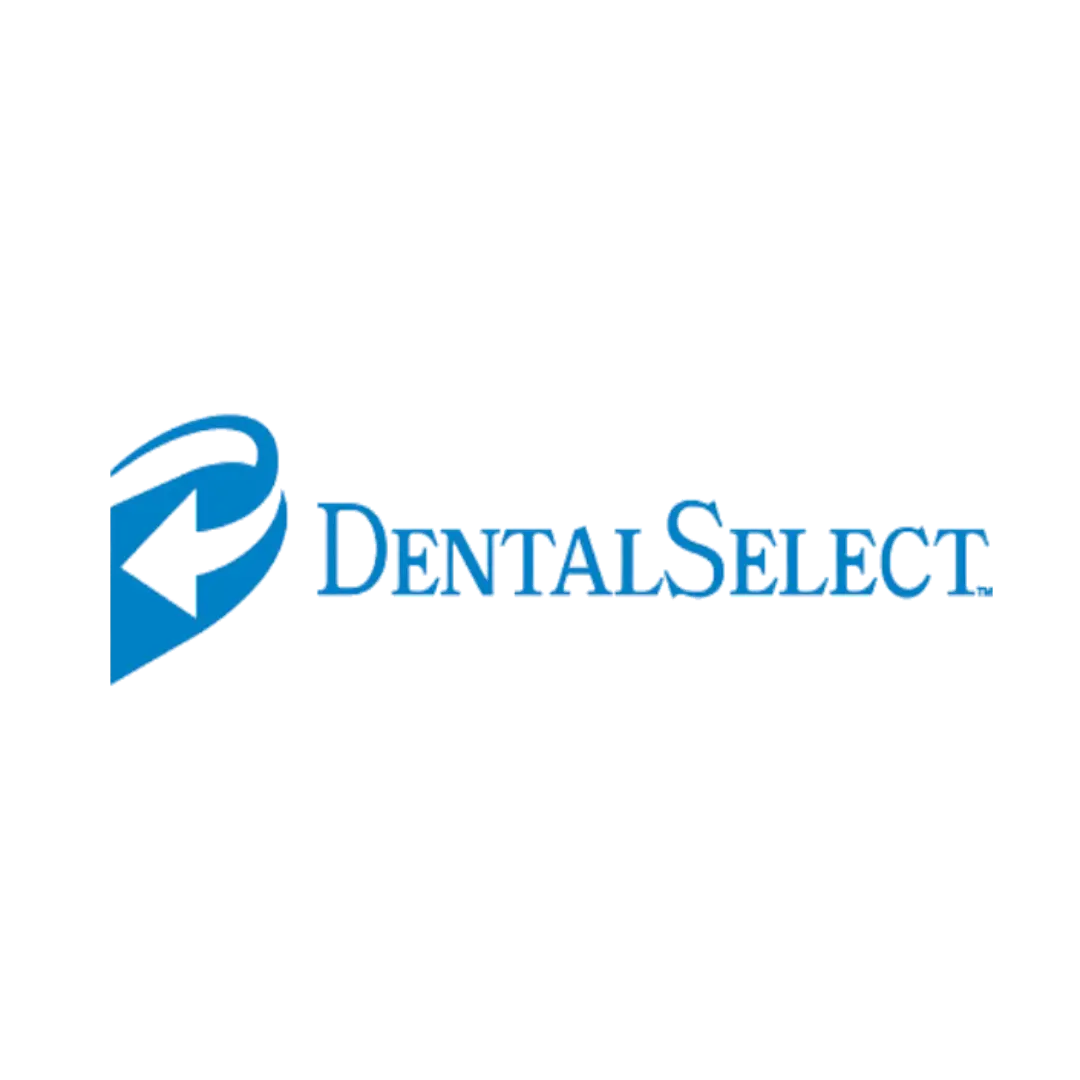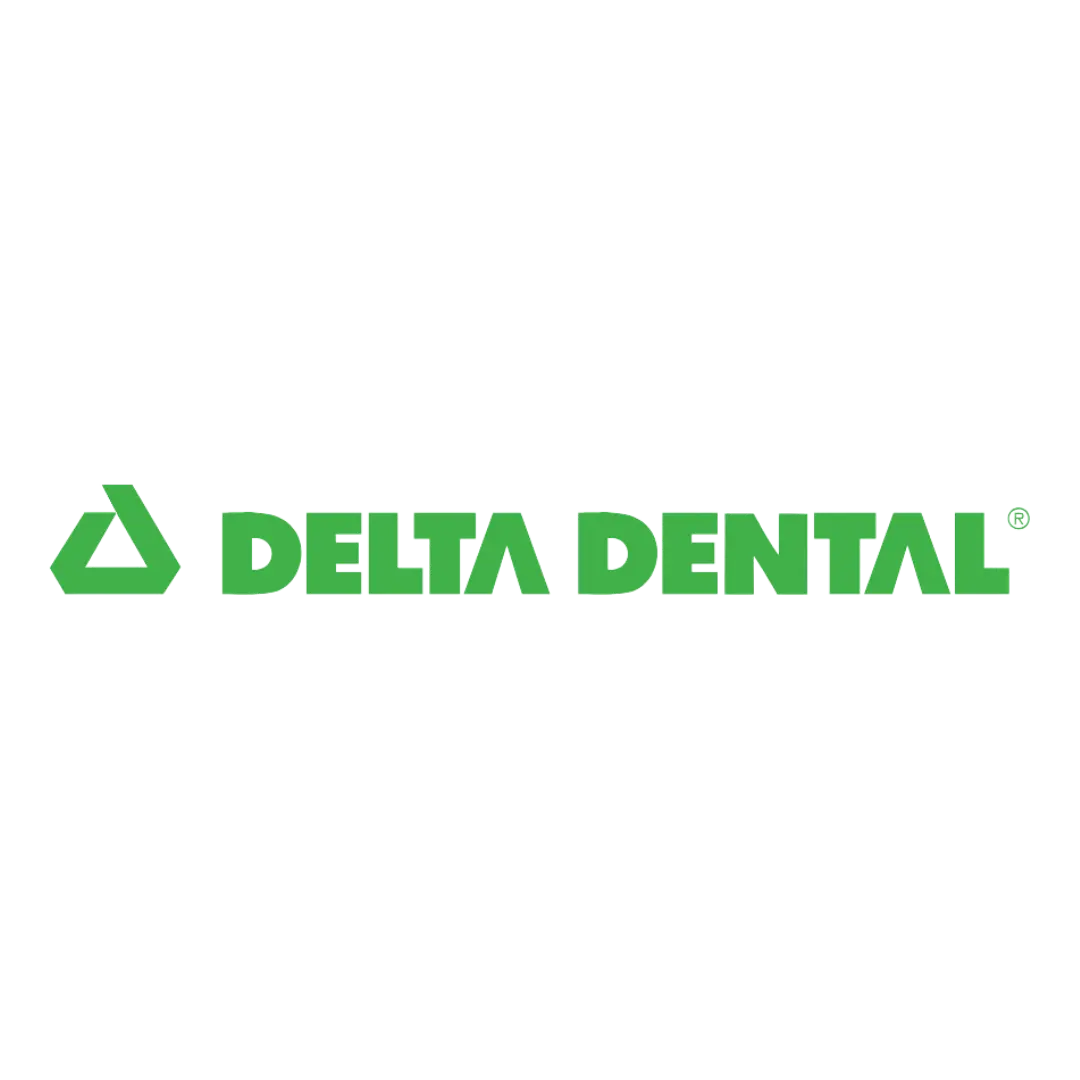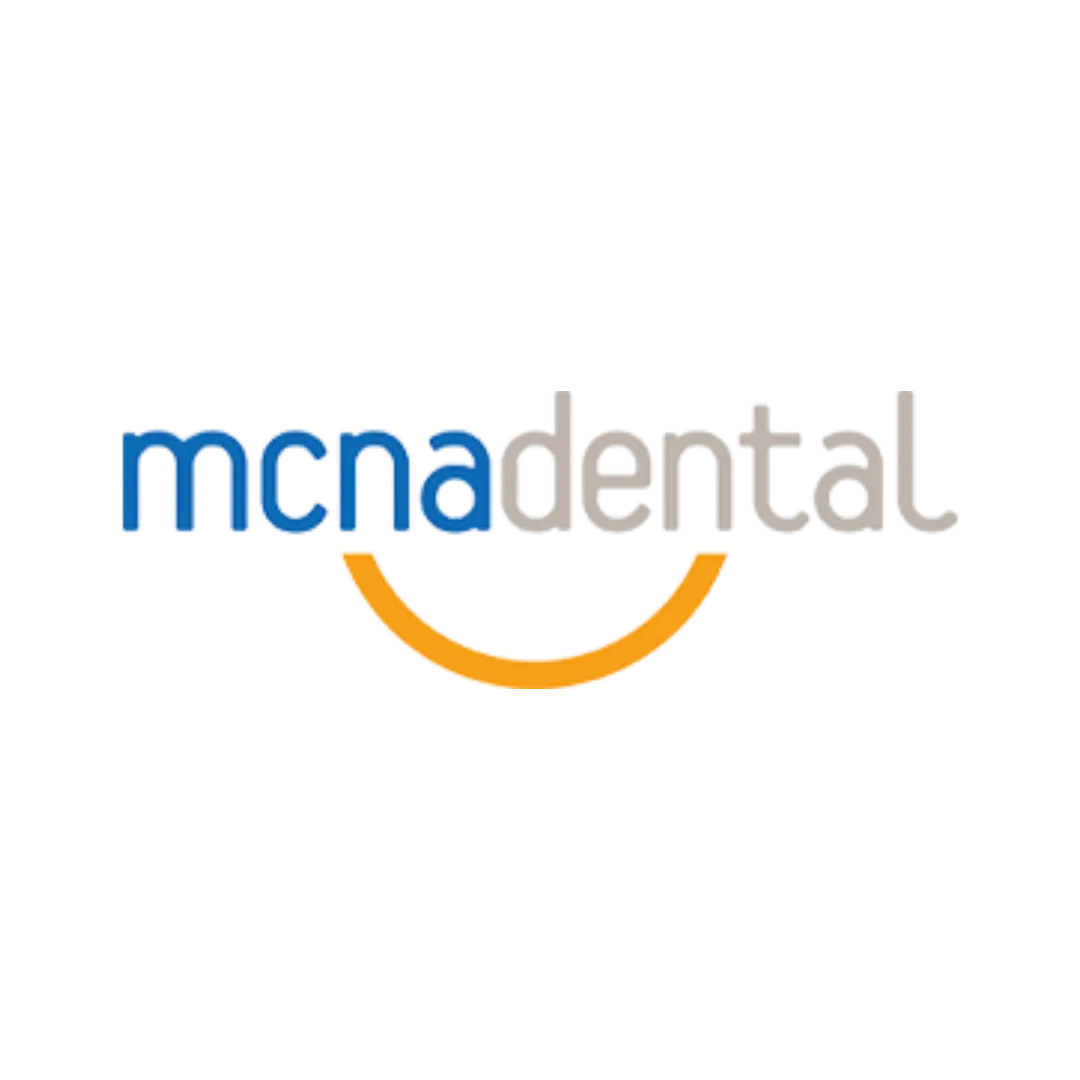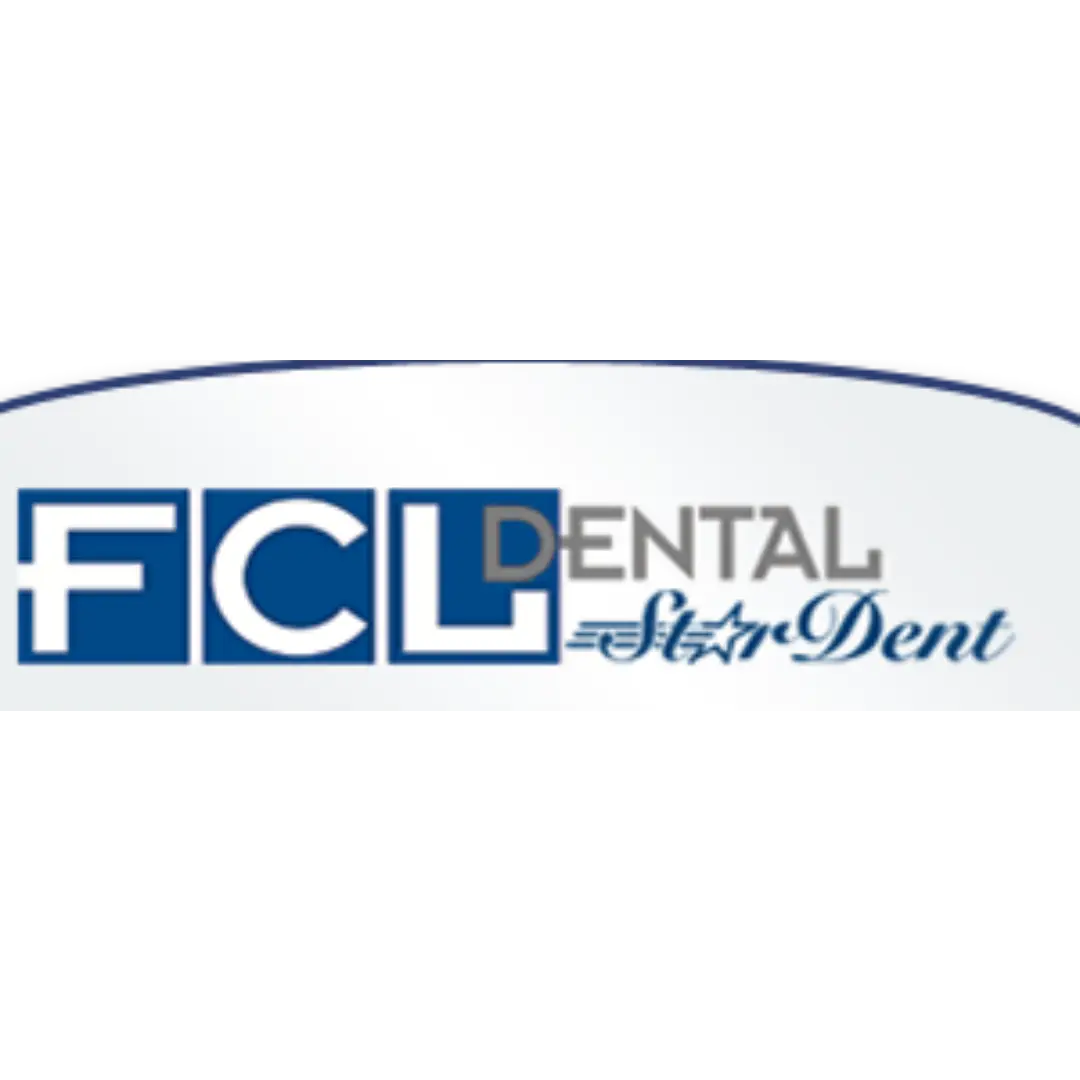Many people wonder if dental expenses are tax deductible. The good news is that certain dental costs can be deducted from your taxes if you itemize deductions on your return. Treatments like teeth cleanings, fillings, braces, and dentures typically qualify, while cosmetic procedures like teeth whitening do not.
To claim these deductions, your total medical and dental cost tax deductible must exceed 7.5% of your adjusted gross income (AGI). According to IRS Publication 502, these guidelines detail which expenses qualify and how to properly claim them.
In this guide, we’ll explore maximising your dental benefits and making the most of your tax deductions.
Table of Contents
Understanding Tax Deductions for Dental Expenses
Not all dental expenses qualify for deductions, which can be confusing. Tax deductions for dental expenses apply to treatments that prevent or treat dental health issues, like check-ups, fillings, extractions, root canals, braces, and dentures.
However, cosmetic procedures such as teeth whitening, veneers, or braces for appearance only are not covered. Keep receipts and track mileage to appointments, as these may also be deductible. For the best results, consult a tax professional.
What Dental Expenses Are Tax Deductible?
When filing taxes, many wonder which dental expenses are tax deductible. Generally, treatments that prevent or treat dental health issues qualify. This includes routine check-ups, fillings, tooth extractions, and braces if they are medically necessary.
For more extensive procedures, dental implants may be deductible when required to improve oral health. However, cosmetic treatments like teeth veneers or teeth whitening do not qualify, as they are considered aesthetic and not essential for dental health.
It’s important to note that cosmetic surgery is not deductible, and procedures aimed solely at improving appearance can’t be claimed.
Your total medical and dental expenses must exceed 7.5% of your adjusted gross income (AGI) to claim these deductions. Keep detailed records, and consult a tax professional to ensure you maximise your deductions correctly.
IRS Requirements for Deducting Dental Expenses
You must meet specific IRS medical and dental expense deduction guidelines to deduct dental expenses on your tax return. Only treatments that prevent or treat dental health issues qualify, such as cleanings, fillings, extractions, and medically necessary orthodontic work.
Cosmetic procedures like veneers and teeth whitening are not eligible for deductions.
Keep detailed records, including receipts and proof of payment, to ensure compliance with IRS rules for medical and dental expense deductions.
How to Claim Dental Expenses on Your Taxes?

To claim dental expenses on taxes, begin by itemizing your deductions using Schedule A on your tax return. List all qualifying dental treatments, including procedures like fillings, root canals, and orthodontic work. Ensure that your total medical expenses, including dental treatment, exceed 7.5% of your AGI to qualify for the deduction.
You can also claim dental bills on taxes related to medically necessary care. Expenses for preventive treatments, such as cleanings and exams, are typically deductible, while cosmetic treatments are not.
When filing, keep organized records of receipts, invoices, and any relevant documentation, including explanations from your dentist if required.

Documentation You Need to Claim Dental Expenses
To successfully claim dental expenses on taxes, proper documentation is essential. Make sure to keep:
- Receipts and Invoices
Proof of payment for all dental treatments, including dates and service descriptions. - Detailed Treatment Plans
Documentation from your dentist explaining why procedures were medically necessary. - Insurance Statements
Records of reimbursements, as only out-of-pocket expenses are deductible. - Mileage Logs
If you travelled for dental care, record your mileage as it may be deductible. - Proof of Payment
Bank statements or credit card records confirming payments made.
Having these documents organized will ensure a smooth filing process and help support your deduction claims in case of an audit.
Additional Tips for Maximizing Medical and Dental Deductions

Consider using a Health Savings Account (HSA) for dental expenses. HSAs allow you to set aside pre-tax dollars to pay for qualified medical and dental treatments, which can reduce your taxable income. This is especially helpful for covering costs that may not meet the deduction threshold on your tax return.
While cosmetic procedures are not tax-deductible, you might wonder if an HSA can be used for cosmetic dentistry. Generally, HSAs do not cover cosmetic treatments unless a healthcare provider determines they are medically necessary.
Combining HSA benefits with itemized deductions can help maximize your savings. Consult a tax professional to ensure you leverage all available options under current IRS guidelines.
If you have questions about your dental treatments or need assistance with documentation for tax purposes, contact Charm Dental Care. Our team is here to help you maintain your oral health and navigate the paperwork needed for your deductions.
Ready for your next appointment? Book an appointment with Charm Dental Care today and ensure your dental health is on track!
Final Thoughts
Navigating dental deductions can be straightforward when you understand the guidelines. Keeping accurate records and understanding which treatments qualify will help maximize your tax benefits.
Remember, you can also claim dentist bills on taxes if they relate to medically necessary care. These deductions reduce your taxable income and can significantly offset out-of-pocket costs, especially for major procedures.
For the best results, work with a tax professional to ensure compliance with IRS rules and to optimize your deductions. Charm Dental Care supports your dental health and guides managing your dental expenses efficiently.
FAQs (Frequently Asked Questions)
Q1. Can you Claim Dental Expenses on Taxes?
Yes, you can claim dental expenses on taxes for medically necessary treatments, and your total medical expenses should exceed 7.5% of your AGI.
Q2.What Proof Do I Need To Deduct Medical Expenses?
You need receipts, invoices, proof of payment, and documentation from your dentist explaining the medical necessity of treatments.
Q3.Is Invisalign or Braces Tax Deductible?
Yes, Invisalign and braces can be tax deductible if they are medically necessary. However, they must exceed 7.5% of your AGI and be itemized as a medical expense.
Q4. Do you Need Receipts to Deduct Medical Expenses?
Yes, receipts are essential to validate your claims when deducting medical expenses.
Q5.Are Dental Implants Tax Deductible?
Yes, dental implants are tax deductible if they are medically necessary. But Procedures done for cosmetic reasons are not eligible.
Q6. Can I Use my HSA for Dental Implants or Cosmetic Dentistry?
You can use your HSA for dental treatment expenses like implants if necessary, but HSAs typically do not cover cosmetic dentistry unless it’s health-related.
Q7.Is Cosmetic Surgery Tax Deductible?
No, cosmetic surgery is not tax deductible unless it is required for medical reasons.
Q8. Are Orthodontic Braces Tax Deductible?
Yes, orthodontic braces are tax deductible if prescribed to correct dental health issues and not solely for cosmetic reasons.



























